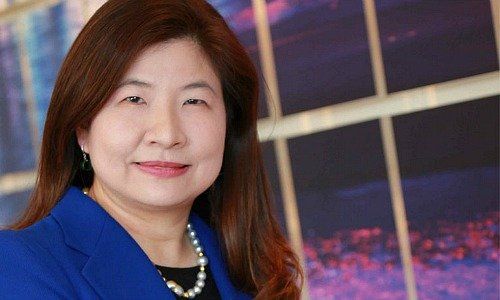UOB Enjoys Asset Fillip
United Overseas Bank, or UOB, racked up assets under management of more than S$100 billion last year. What was the catalyst?
The smallest of Singapore's big-three banks reported a three-fold increase in discretionary portfolio management assets under management for its wealth management clients for last year, UOB said in a press release. Its overall assets under management from affluent and private banking clients climbed to S$104 billion, up from $93 billion at the end of 2016.
UOB is among private banks seeking to draw more clients into mandates where the bank, not the client, makes investing decisions. So-called discretionary mandates are more attractive for banks because they can lock clients in, which in turn gives firms a better indicator for future revenue than clients who prefer to their own trading.
Reasons for the Boost
UOB argues that clients can more easily weather volatility thanks to stops and hedges on how much portfolios can fall. Private bank head Ong Yeng Fang (pictured on top) credited growing client confidence on investment performance for the boost in discretionary assets.
Last week, UOB reported a nearly 10 percent rise in annual profit, due in large part to its business with the wealthy. The bank said it had emerged that several client segments prefer discretionary solutions including those who are simply too busy, or prefer to delegate investment responsibilities, or those who need do so, such as trustees.




























